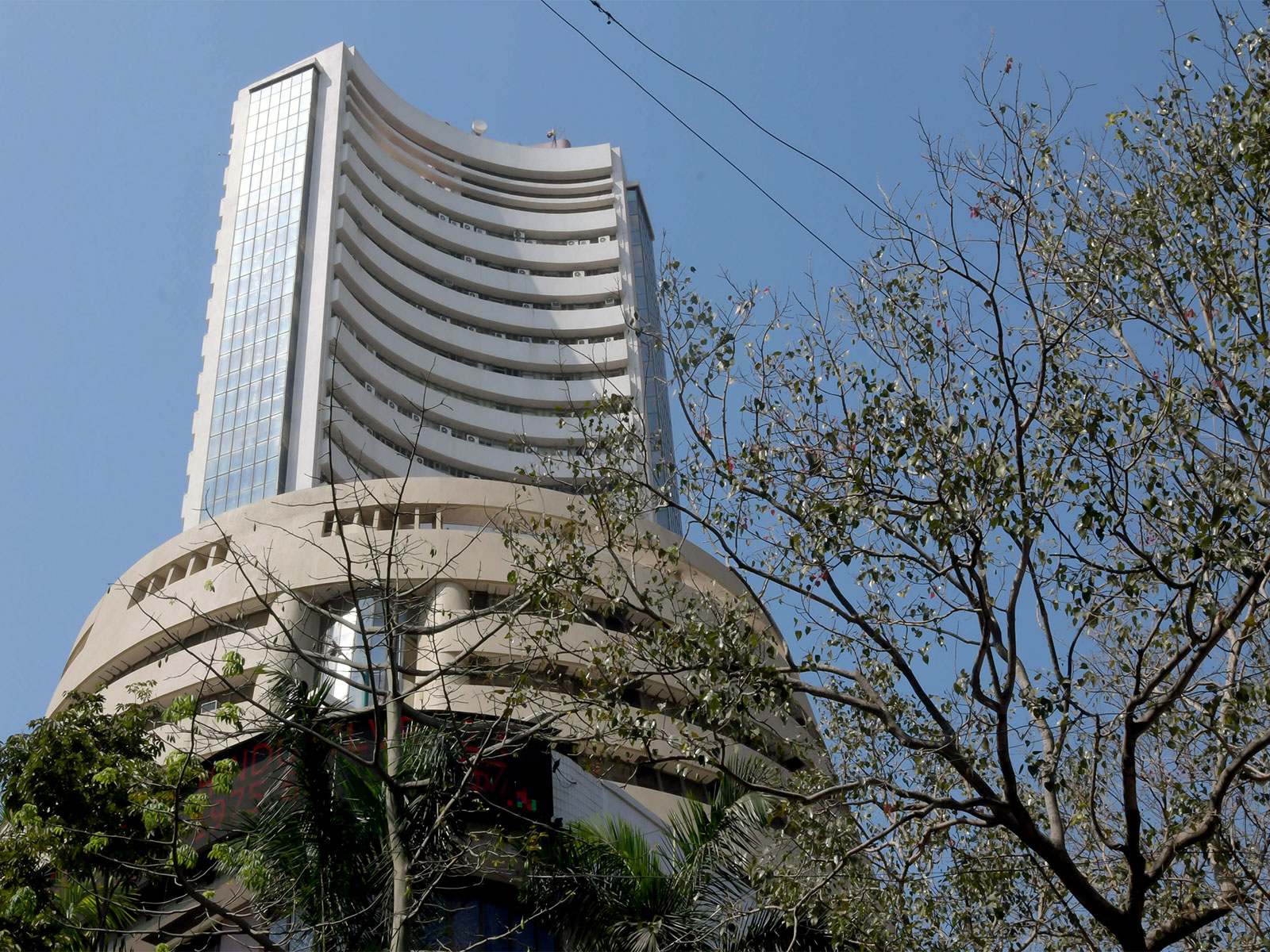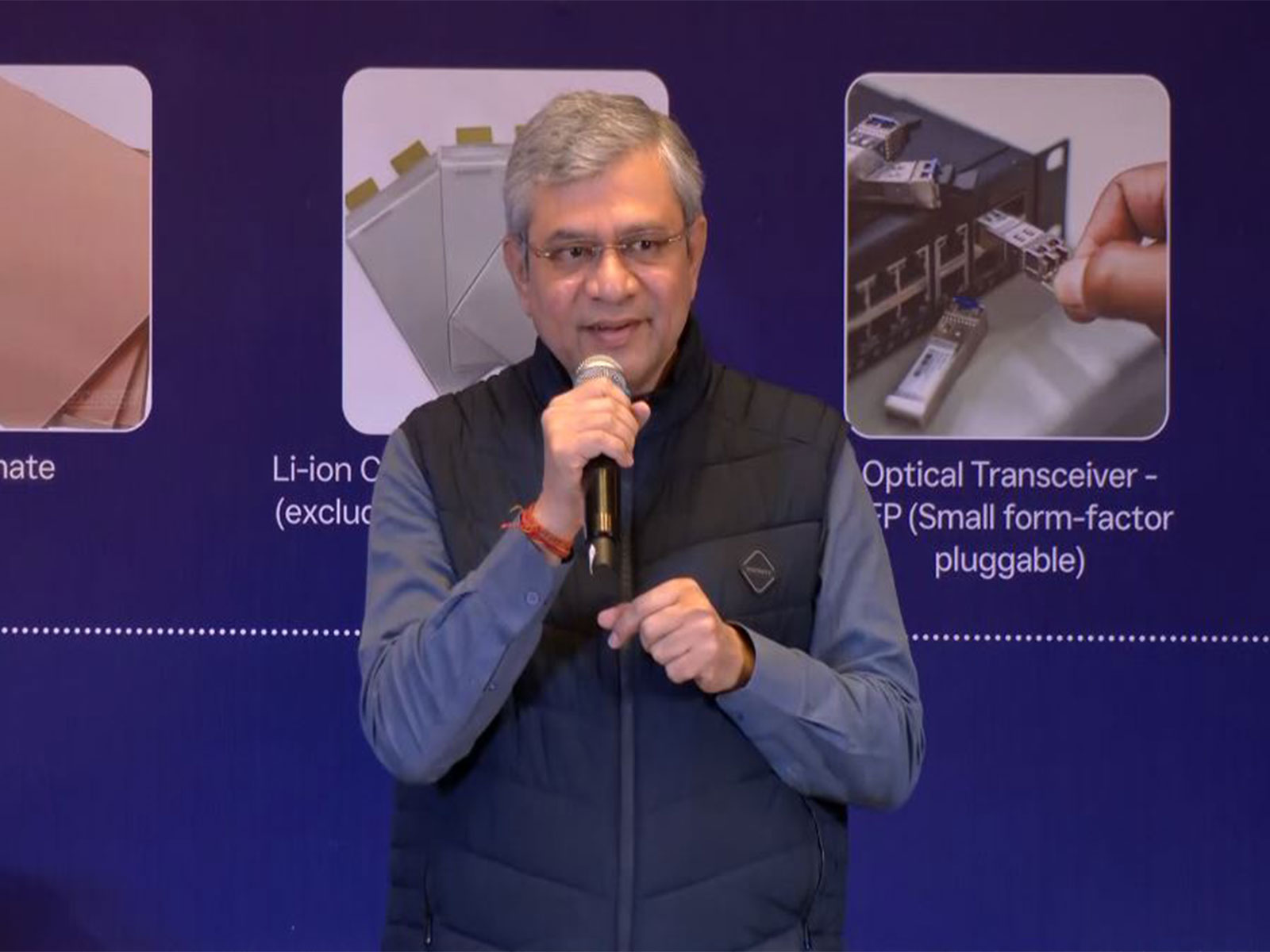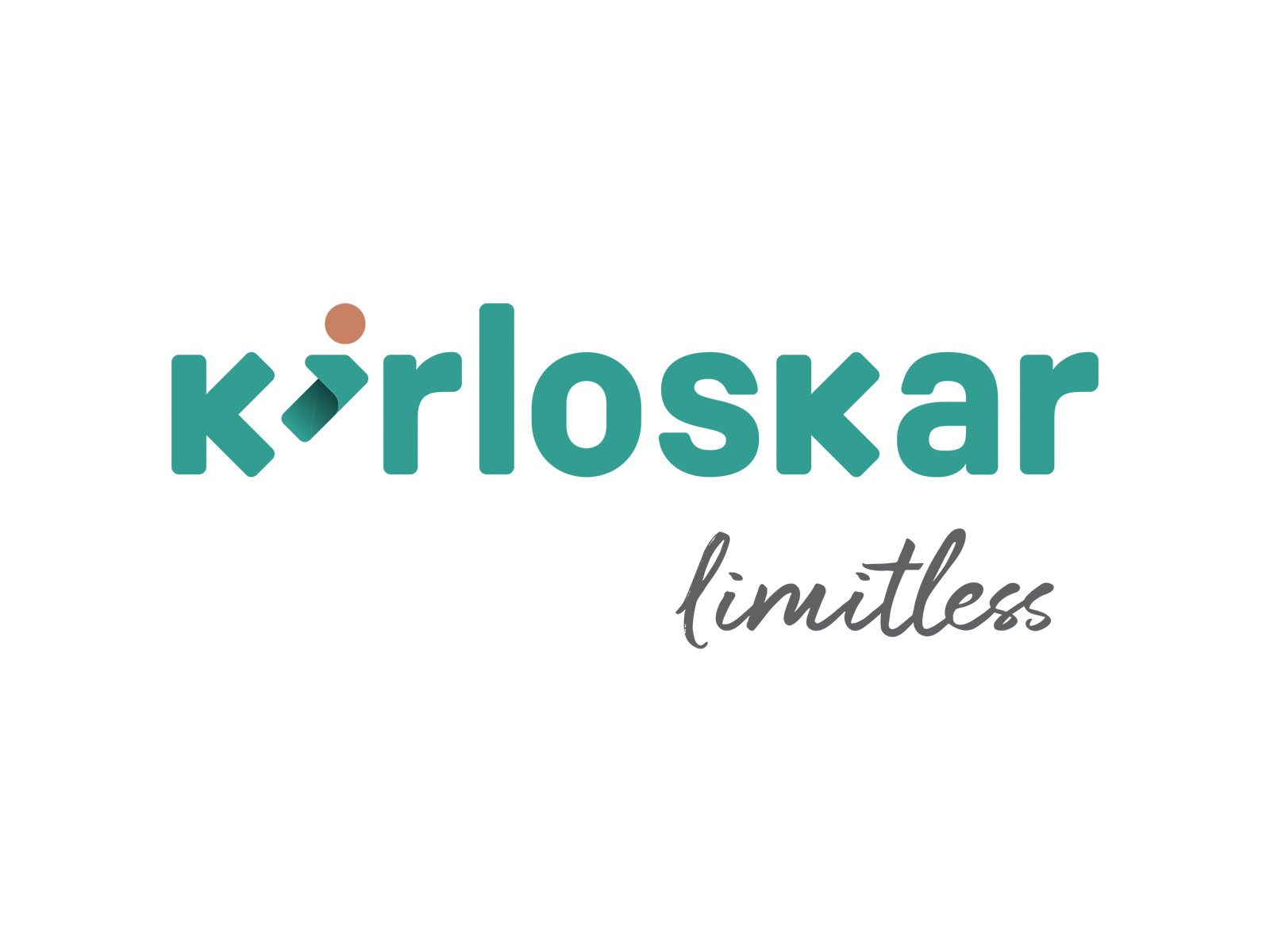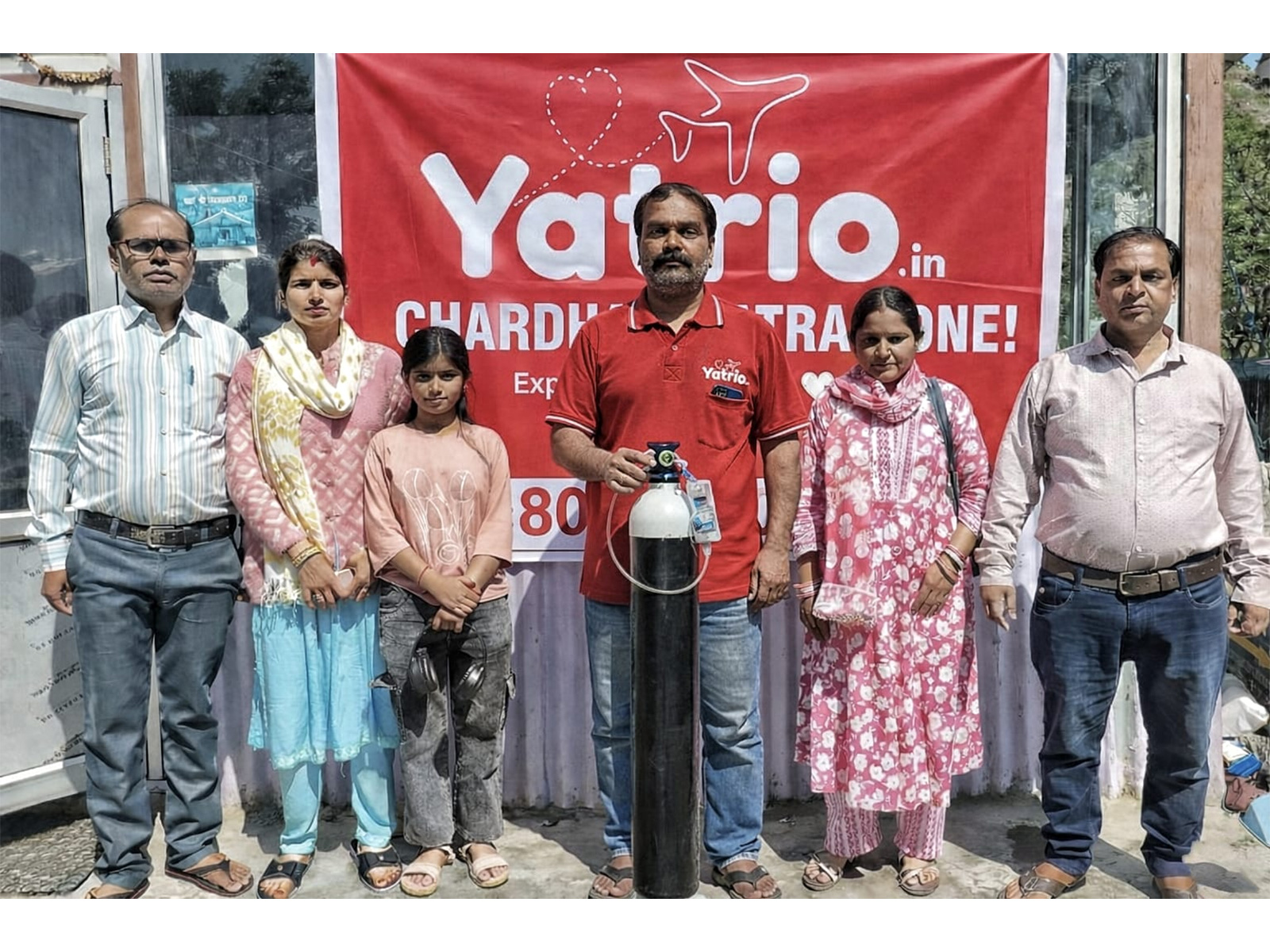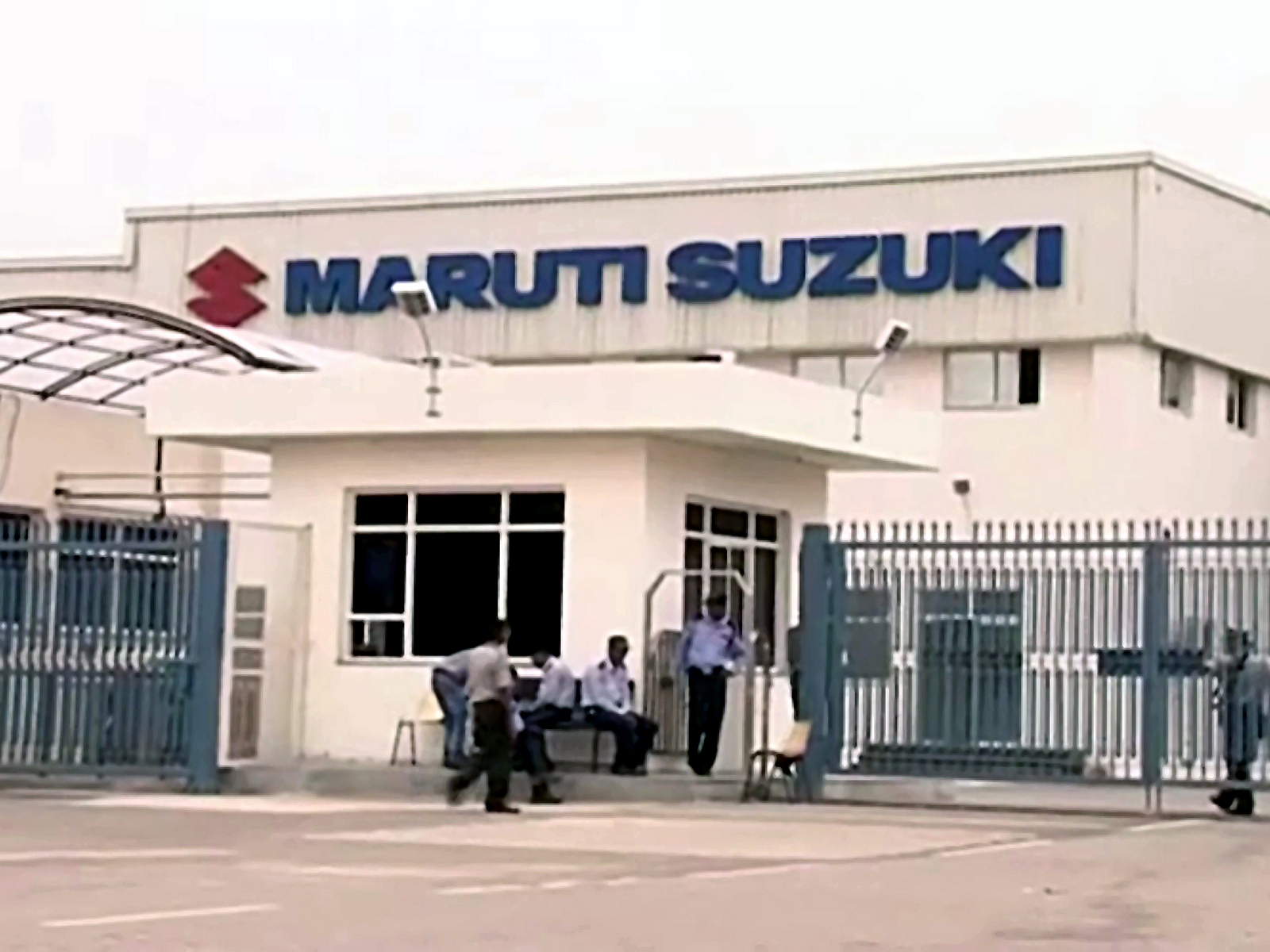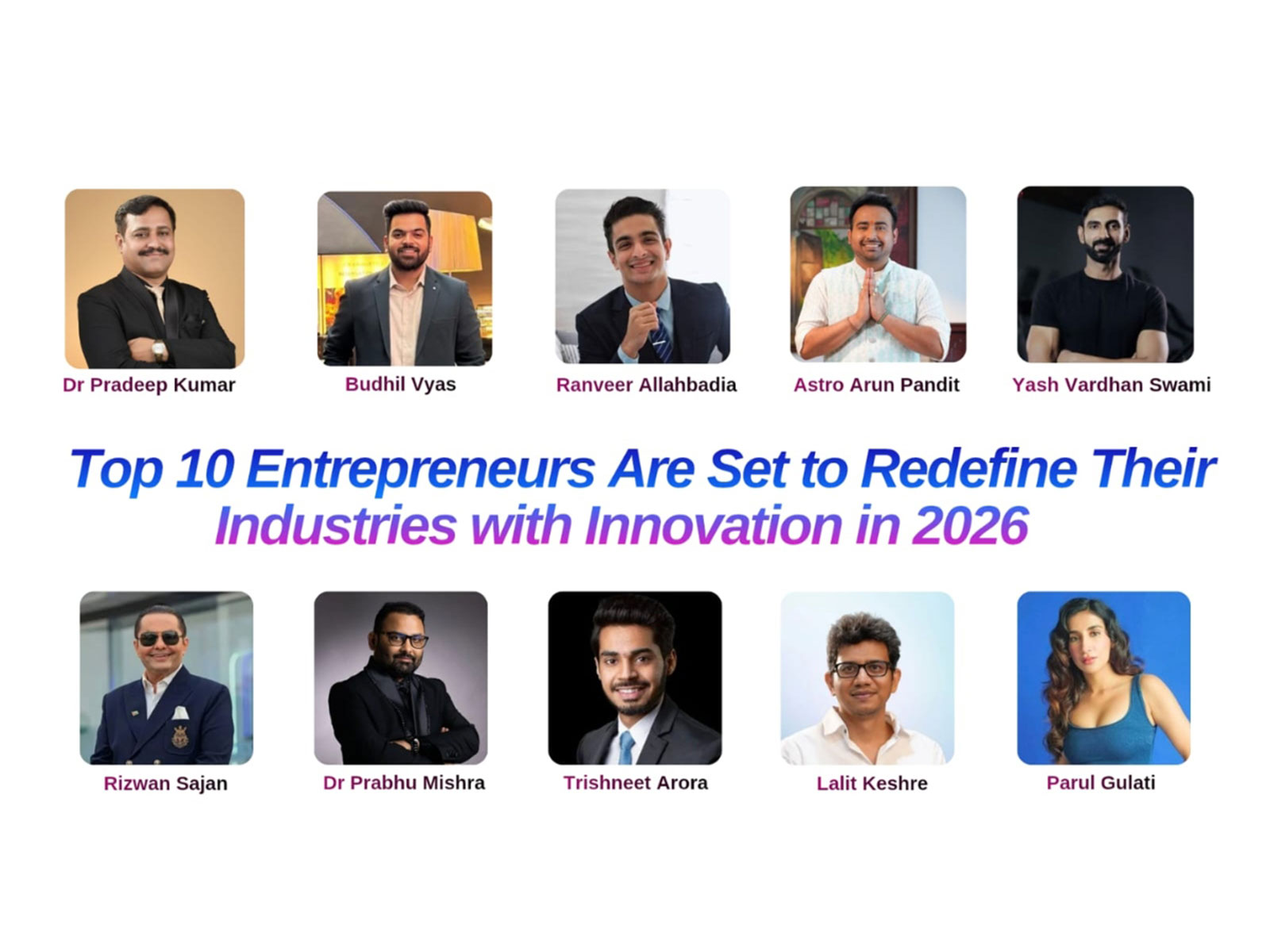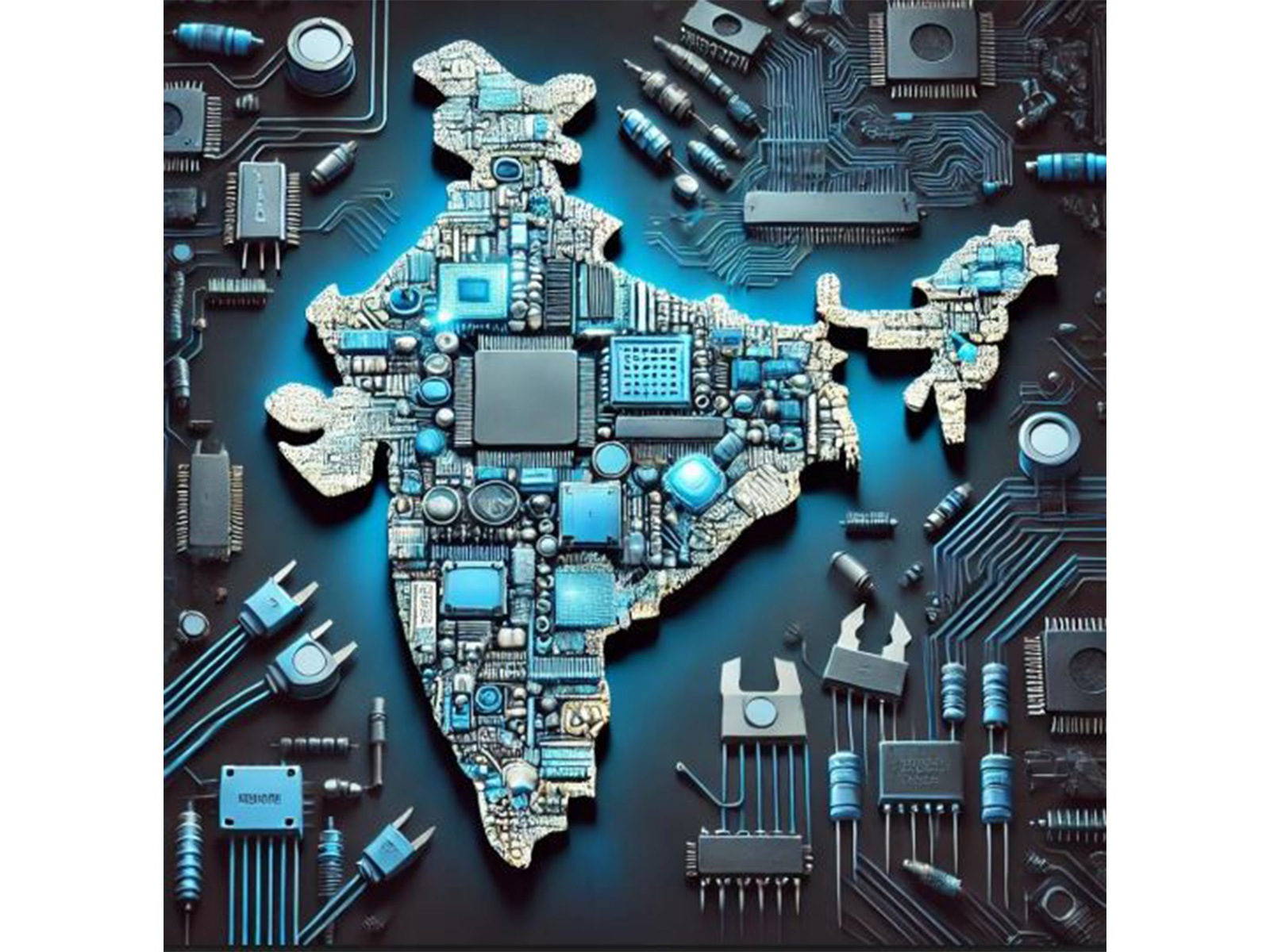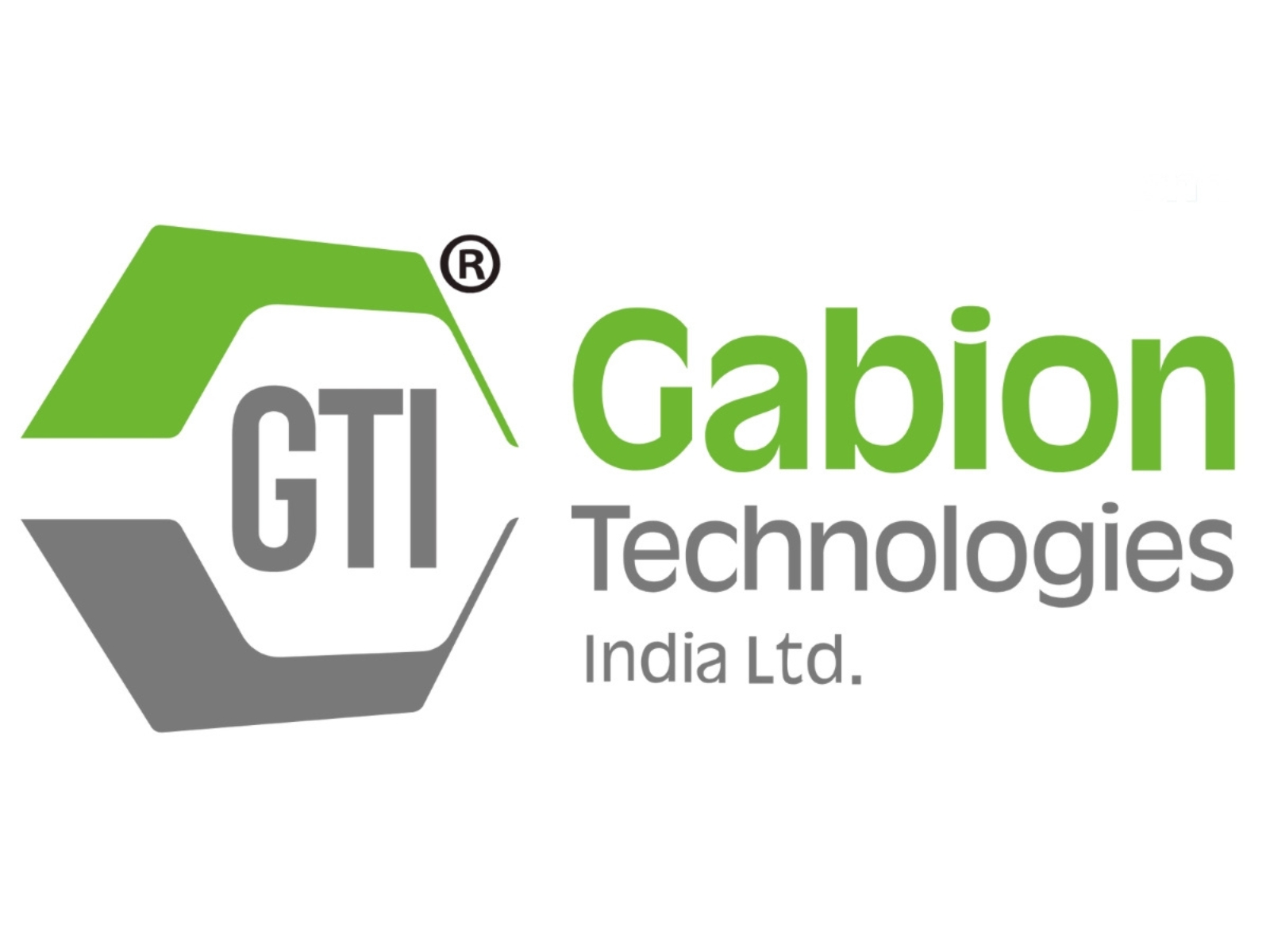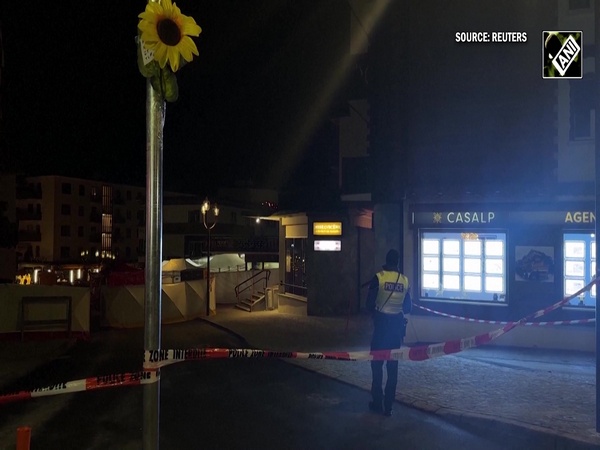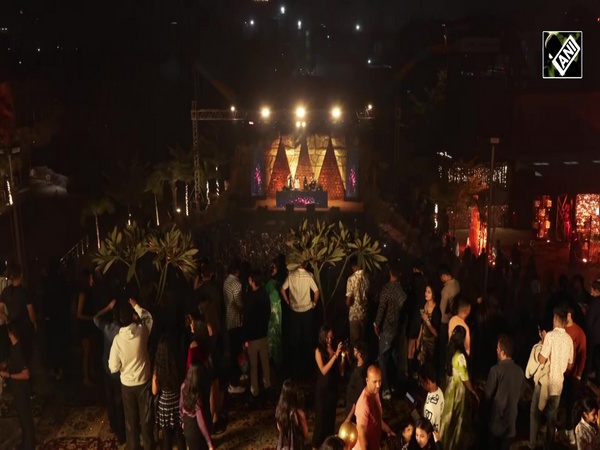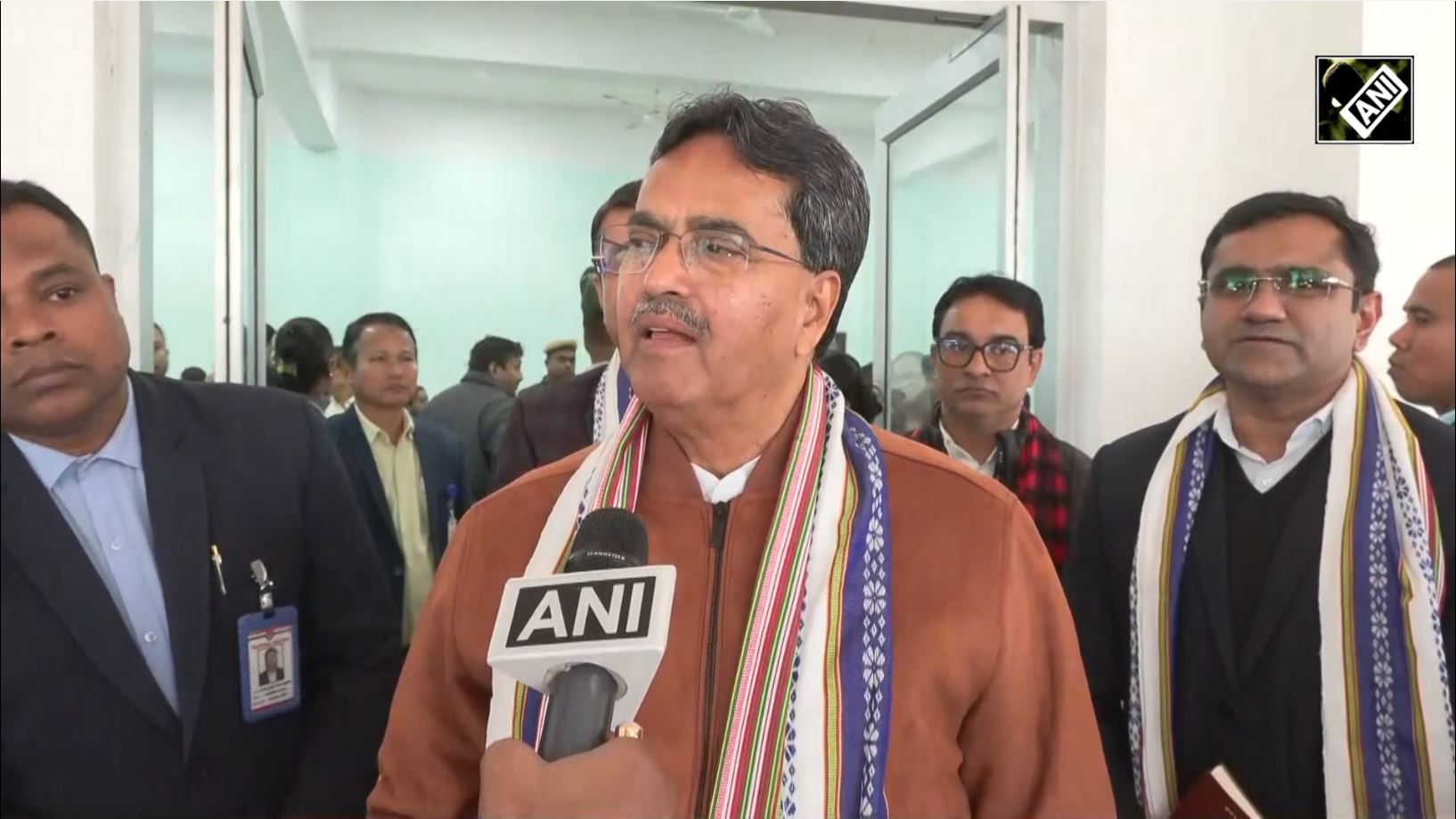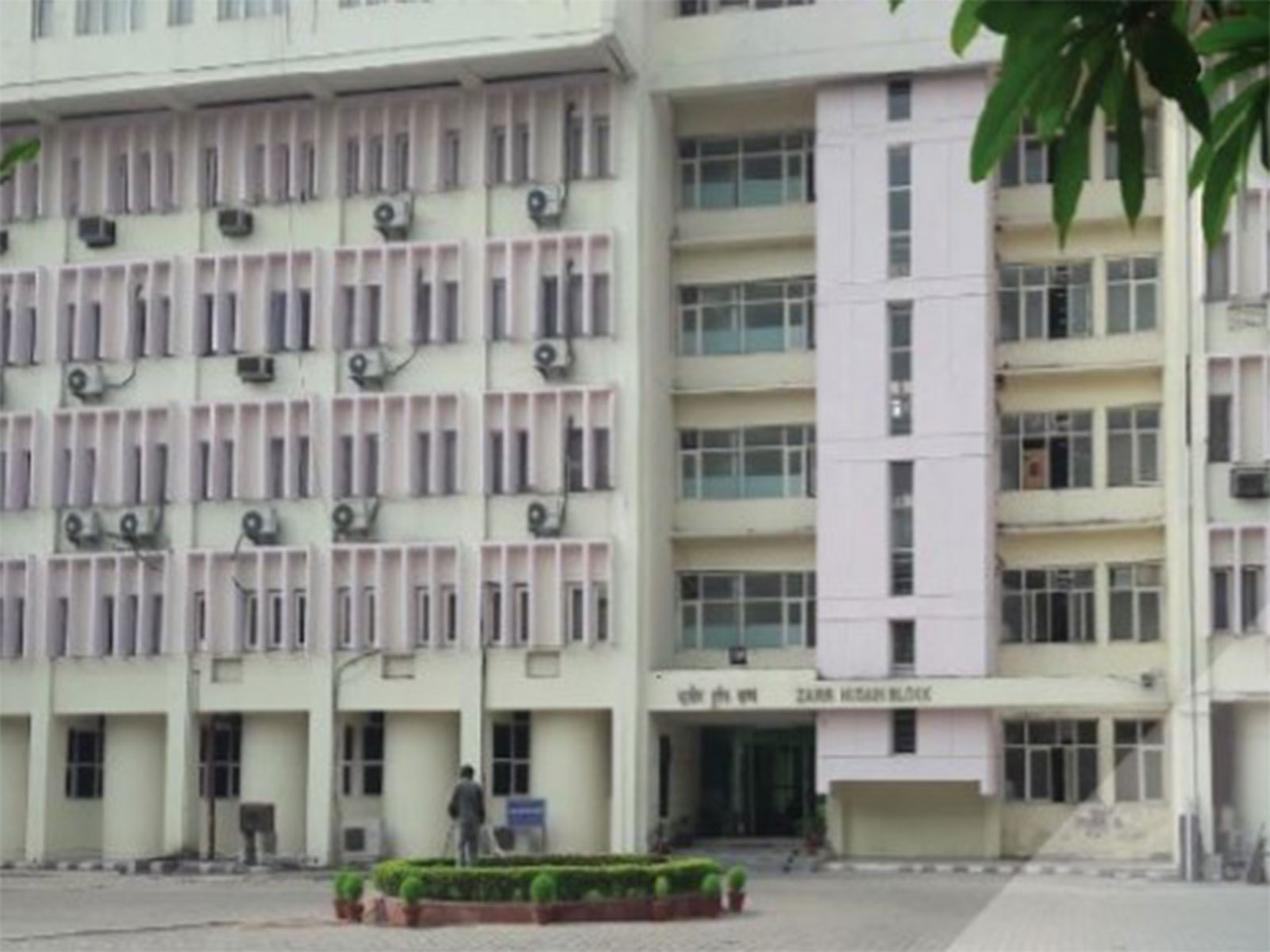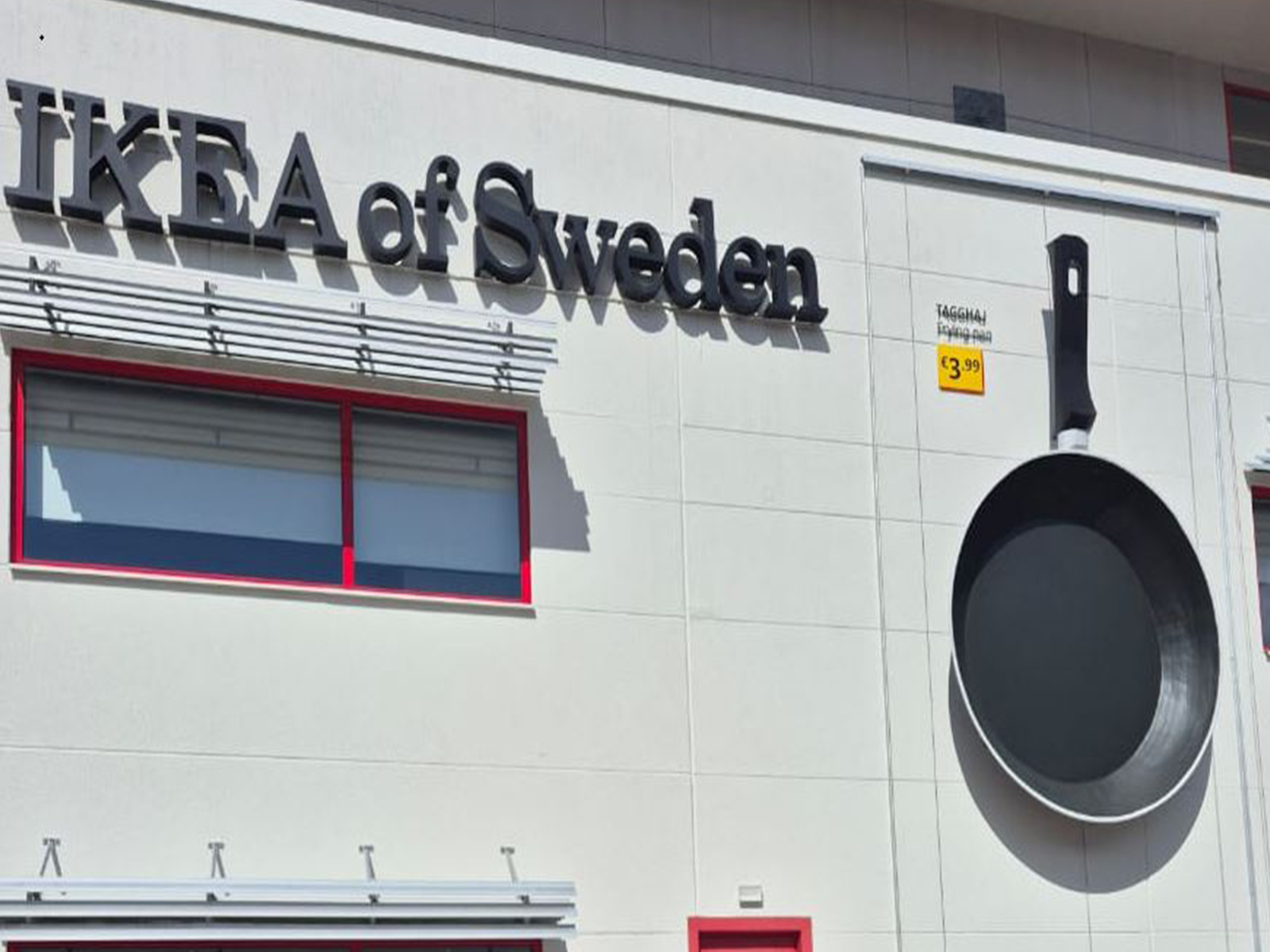
IKEA India clocks 6% growth; aims for profitability in the next two years
Nov 11, 2025
New Delhi [India], November 11 : IKEA India reported a 6 per cent year-on-year sales growth in FY25, driven by strong performance across online and offline channels, expanding customer reach, and growing demand for its affordable home furnishing solutions.
The company stated in a release that it aims to become profitable within the next two years as it continues to invest in expansion, personnel, and sustainability initiatives.
Murali Iyer, Chief Financial Officer, IKEA India, said, "FY25 was another year of solid and meaningful growth for IKEA India with sales up by 6%, reaching an annual revenue of Rs 18,608 million. We improved our EBITDA (excluding fixed costs) by 12%. Our share of online sales grew by 34%, and our entry into the North market through online, and new format stores across Delhi and Bangalore, has been truly rewarding. IKEA India welcomed close to 110 million customers across our channels in FY25. IKEA for Business contributed 19% to the total sales, growing 20% year-onyear, while food continued to be both a strong visitation and revenue driver at 10%."
"The home furnishing market in India is projected to reach USD 48 billion by 2030, growing at a CAGR of 8.7%, and we are truly inspired by this potential. At IKEA, we see a long-term opportunity to contribute to this growth by making home furnishing more affordable, accessible, and sustainable for the many people. As we continue to invest in our business and people, our goal is to turn profitable within the next two years, while building a solid foundation for a better everyday life
for the many Indians", shared Patrik Antoni, CEO, IKEA India.
With accelerated expansion across digital and physical touchpoints, IKEA now reaches over 90% of India's urban households. In FY25, the brand entered North India with online deliveries, followed by a city store in West Delhi, and strengthened its presence in Bengaluru with a Plan and Order Point.
Furniture led the way in FY25, reflecting India's growing love for IKEA homes. Iconic products like the BRIMNES Day Bed (up 131% vs FY24), BILLY Bookcase (up 153% vs FY24), and PAX Wardrobe (up 135% vs FY24) were among the top-selling furniture families. Everyday essentials such as OFTAST plates (3.66 lakh units sold), OFTAST bowls (3.07 lakh units), and VARIERA drawer mats (3.4 lakh units) were among the top sellers by volume.
Today, IKEA offers over 6,500 home furnishing products in India, including more than 50 small furniture items under Rs 1,000, over 750 home furnishing and decor articles under ₹200, and around 70 food items under Rs 200, underscoring its commitment to affordability.
Food continues to be an integral part of the IKEA experience, accounting for just under 10% of total business. Over 2.2 million food tickets were served in FY25, with close to 1 million visitors enjoying meals in IKEA restaurants across India. The much-loved chicken meatballs remained the top-seller with nearly 200,000 portions served.
Adapting to local tastes, IKEA introduced local favourites such as vada pav in Mumbai, bisibele bhath in Bengaluru, and biryani in Hyderabad, alongside seasonal and festive menus. About 50% of IKEA's food range is priced under Rs 100.
The B2B business also continued to accelerate, contributing 19% of total sales and growing 20% year-on-year, as more Indian businesses and institutions turned to IKEA for affordable and inspiring design solutions.
IKEA India continues to invest in expanding its presence, people, and operations, with a focus on long-term sustainable growth. The company plans to increase its co-worker base while maintaining its commitment to diversity -- currently at 43%, with a target of achieving 50:50 gender parity.
Sustainability remains central to IKEA's business. The company has earned LEED Gold certification for its Bengaluru and Navi Mumbai stores and is working toward Platinum certification for Gurugram and Noida. As a founding member of RE100, IKEA is on track to power its operations with 100% renewable energy by 2025 and has already achieved 100% zero-emission EV deliveries in key cities.
